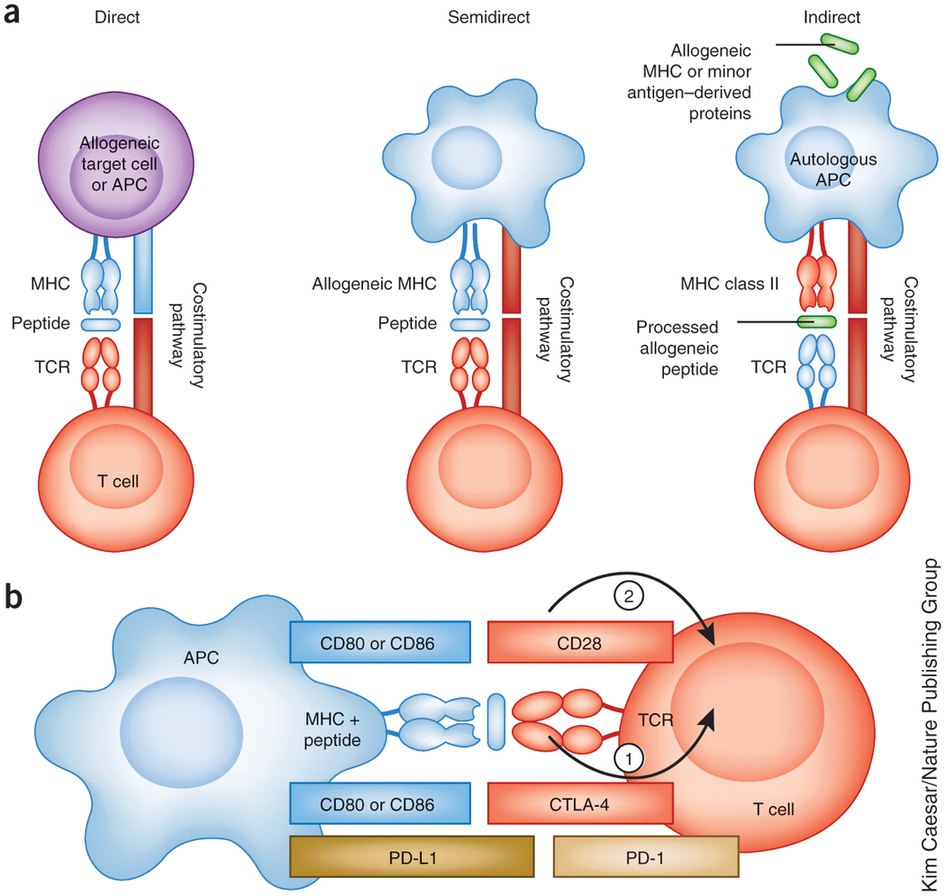Abstract
Determining the effects of HIV infection on the expression of cell surface molecules has been limited by an inability to differentiate between productively infected cells and those without productive infection. We inoculated human peripheral blood mononuclear cells from healthy, human immunodeficiency virus type 1 (HIV) antibody-negative donors with HIV; noninoculated cells were also examined. Using multiparameter flow cytometry, we differentiated cells actively producing HIV cytoplasmic p24 antigen during acute, in vitro HIV infection from those not producing detectable cytoplasmic p24. For both resting and PHA-stimulated cells inoculated with HIV (R/H and P/H), a higher proportion of p24+ cells expressed CD25, compared with p24-cells (p = 0.031 and p = 0.008, respectively), consistent with either increased viral replication in stimulated cells or increased stimulation secondary to productive HIV infection. Findings were similar for the expression of CD38, HLADR, and CD28. A striking proportion of p24+ cells expressed CD80 or CD86, antigens not usually expressed by CD3+ lymphocytes. The increased expression appeared to be independent of stimulation status in that it occurred in both the R/H and P/H treatment groups but not in resting or PHA-stimulated uninfected cells. CD28 expression was generally comparable between CD3+ cells that did and did not express CD80 or CD86. Multiparameter flow cytometry, in association with improved techniques for cell permeabilization and cytoplasmic fluorescent staining, should prove useful in examining the effects of productive HIV infection on surface and cytoplasmic cellular molecules. Using this approach, we found an association between productive infection and increased expression of CD80 and CD86. This association has implications for HIV disease pathogenesis and, potentially, HIV therapy.
Jason J, Inge KL
AIDS Res. Hum. Retroviruses 1999 Jan;15(2):173-81
PMID: 10029249
